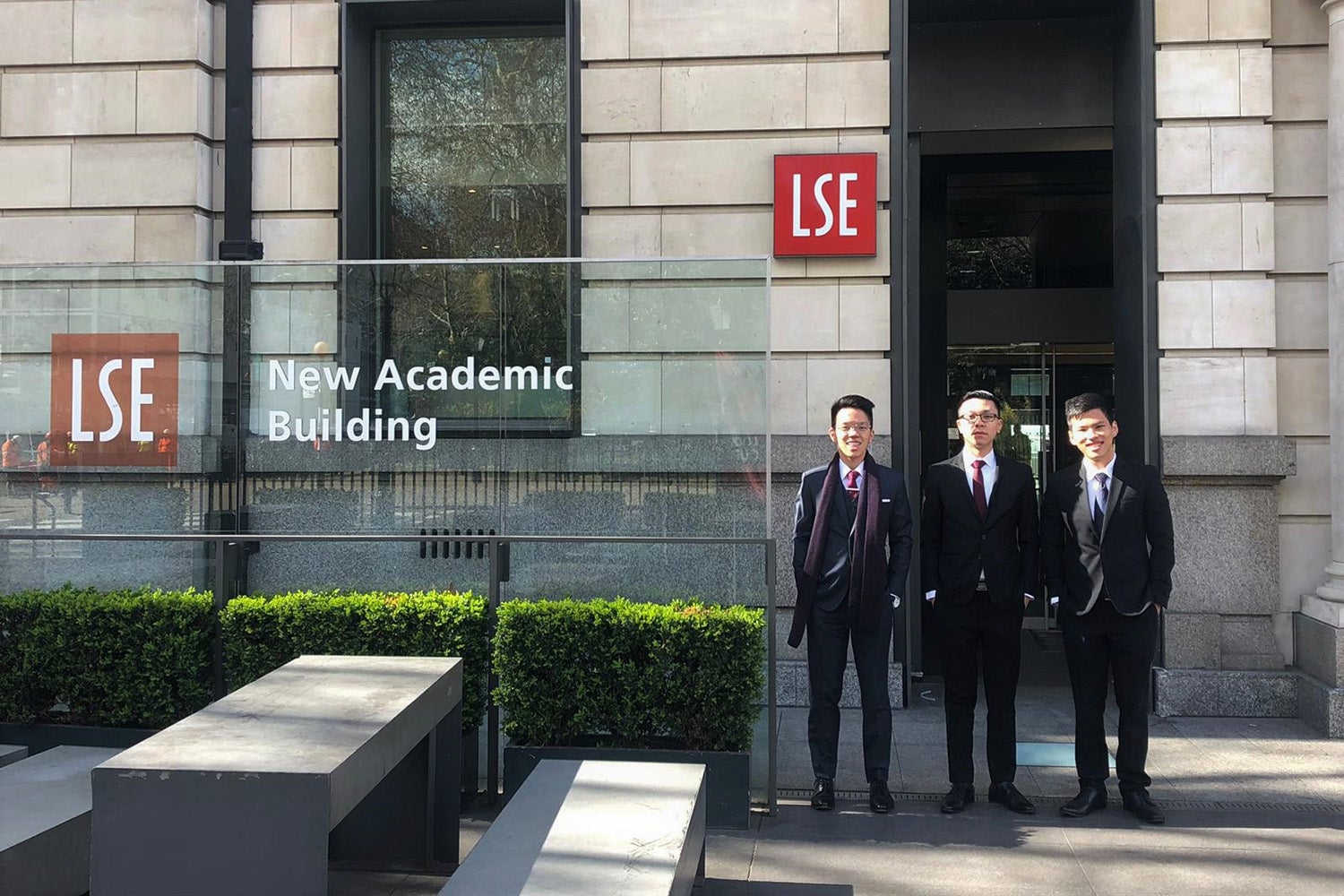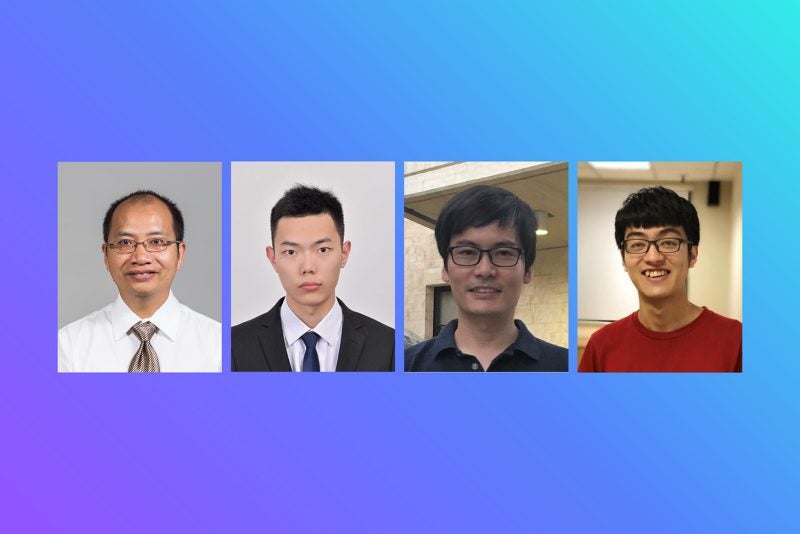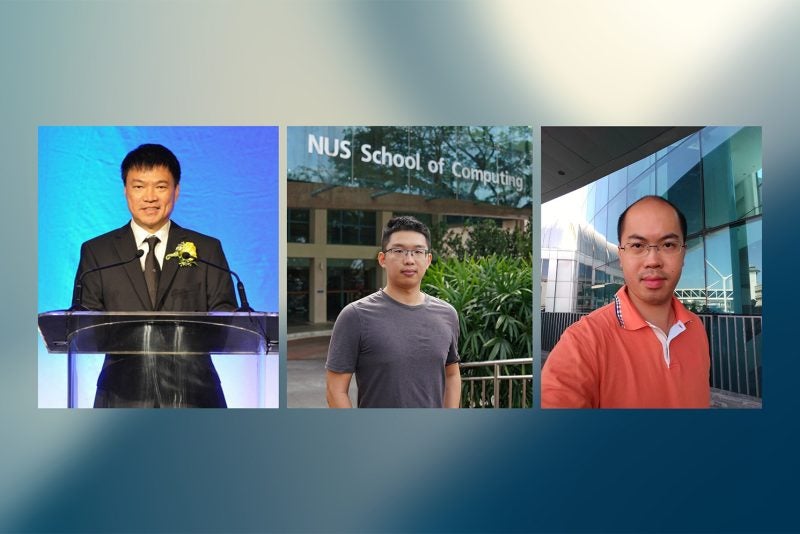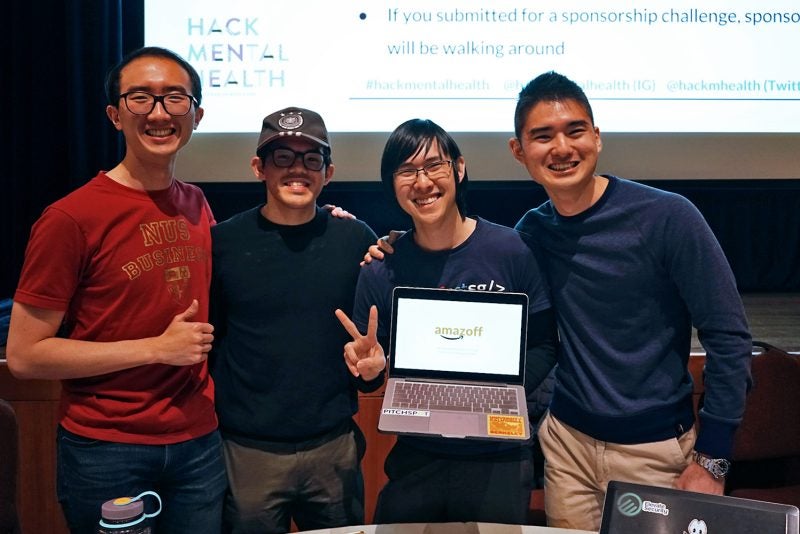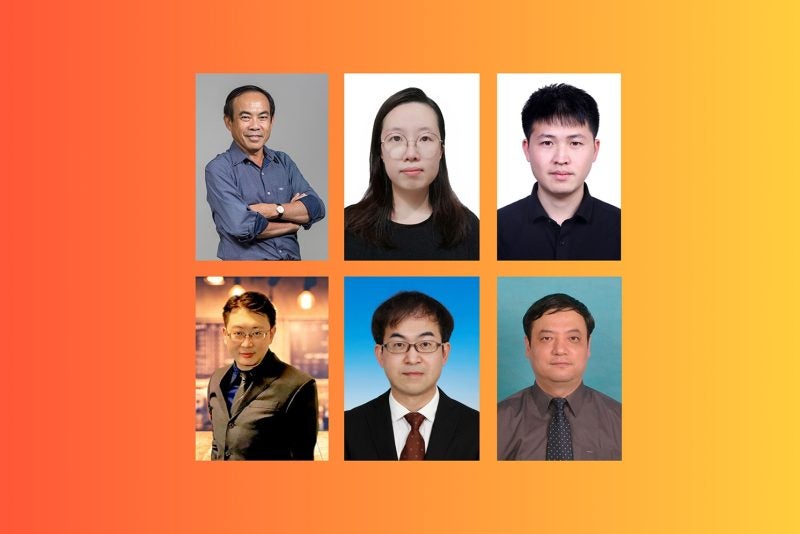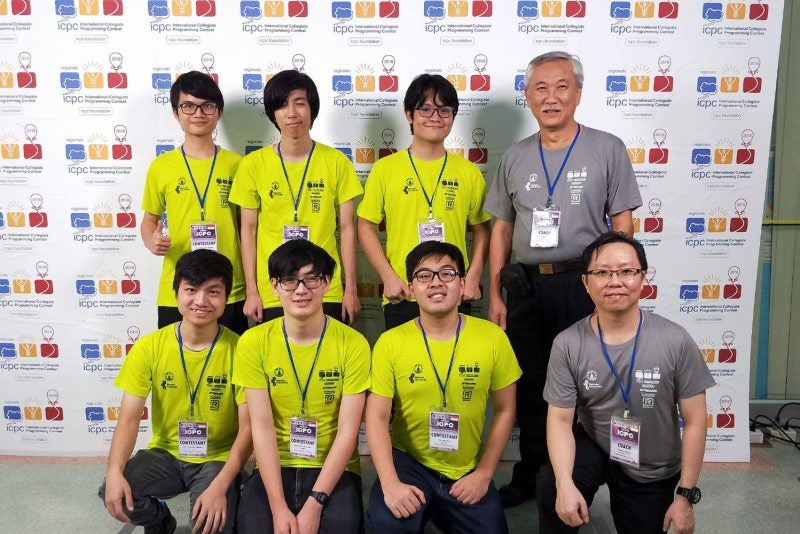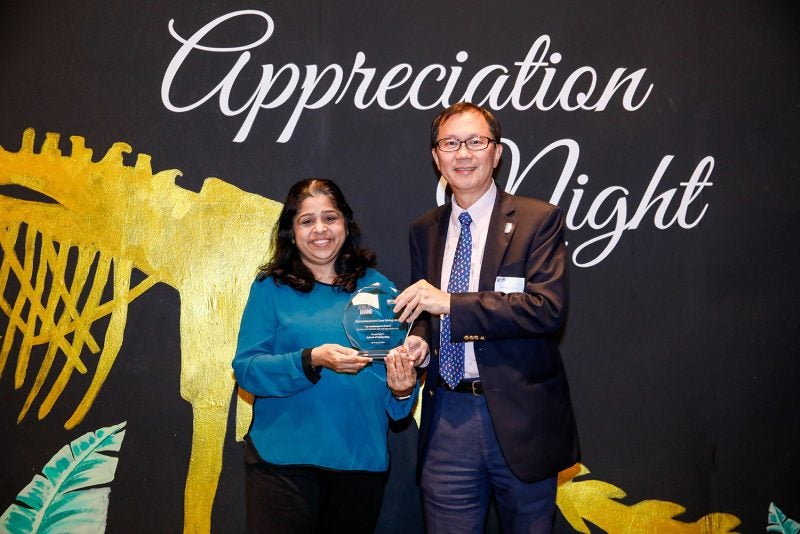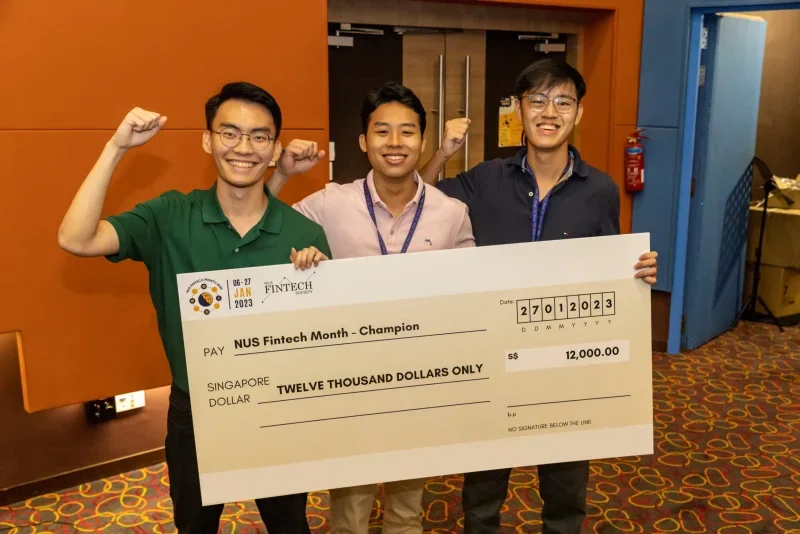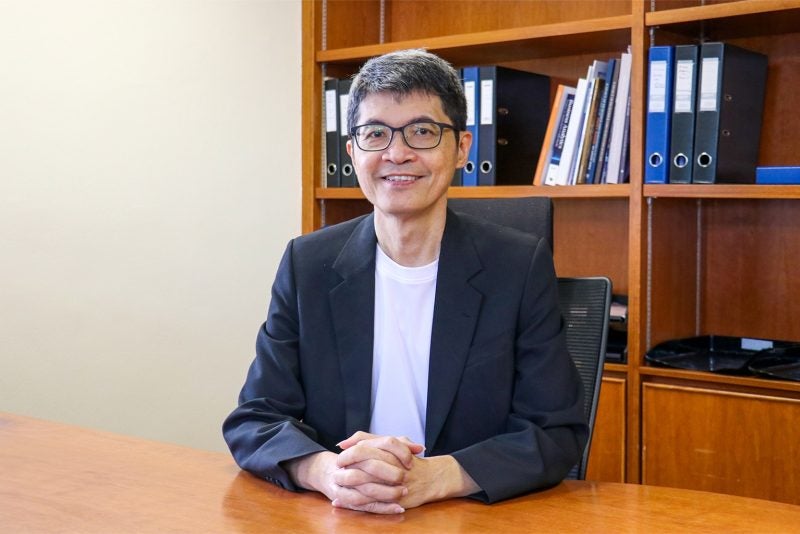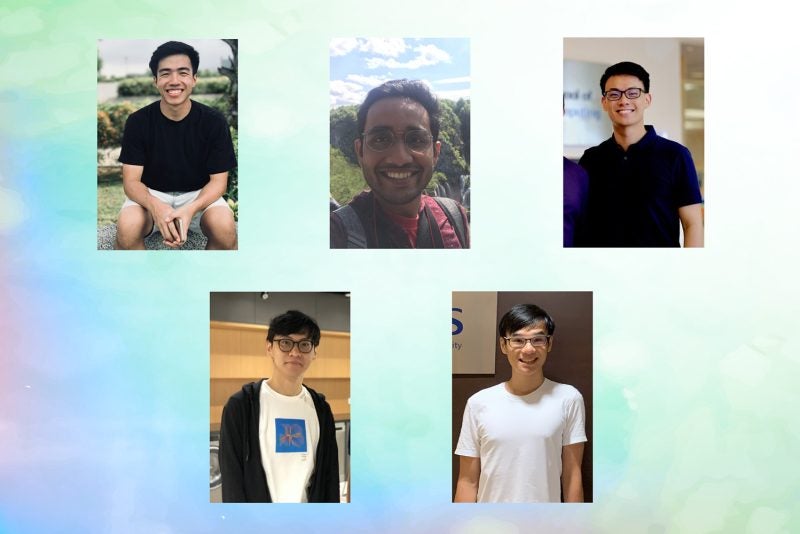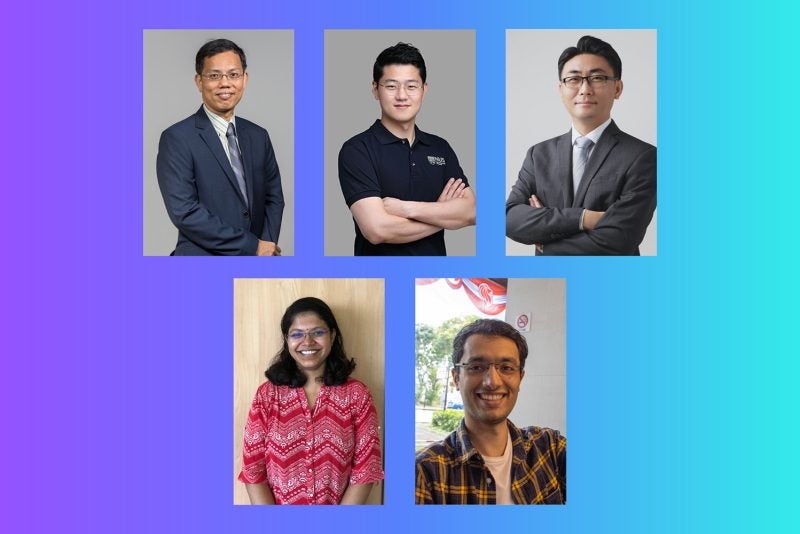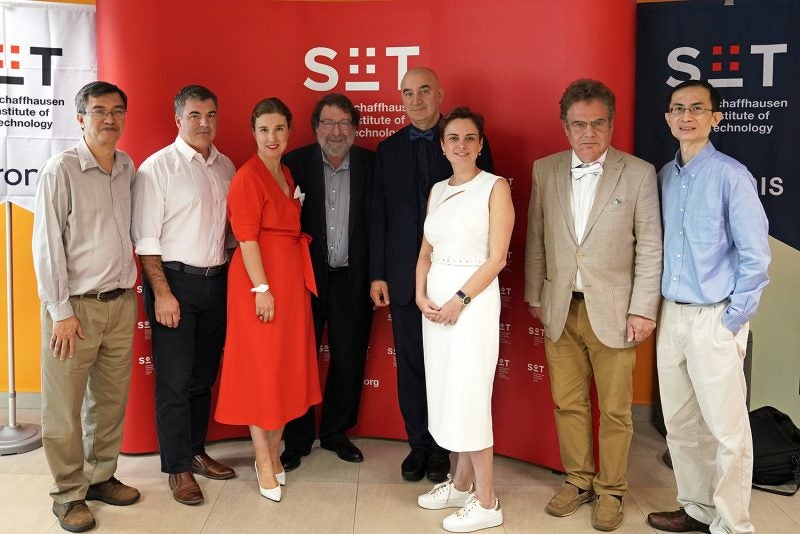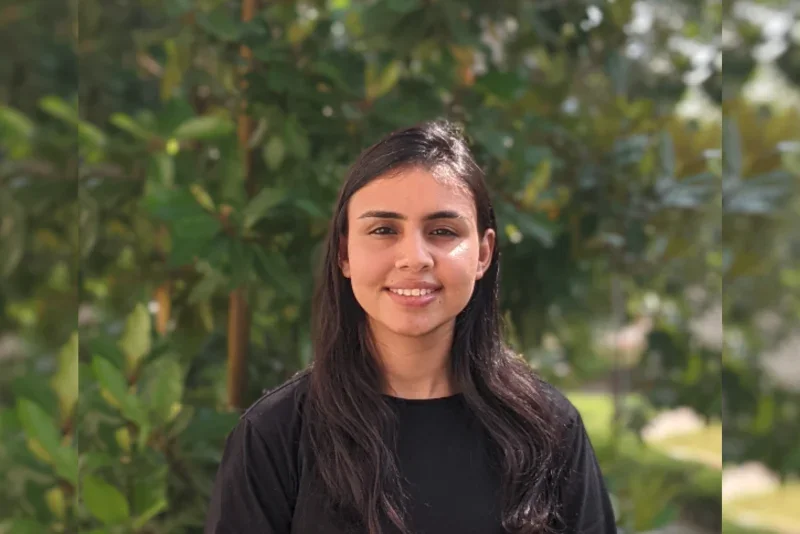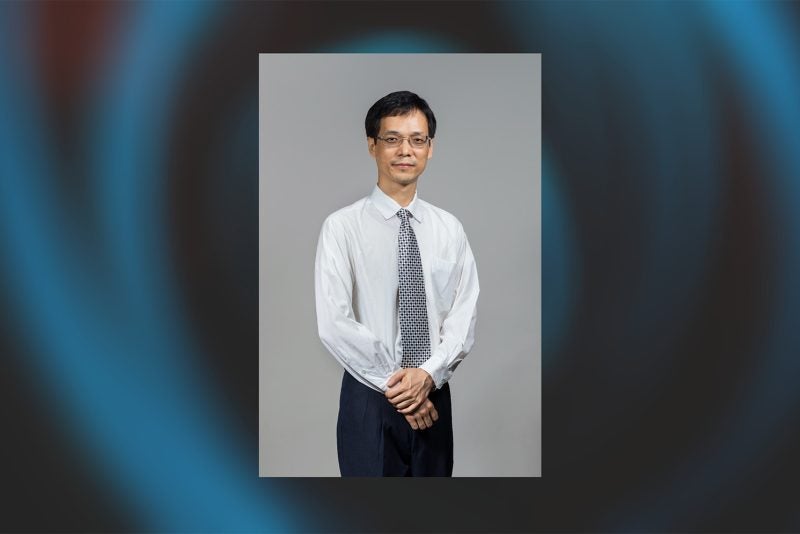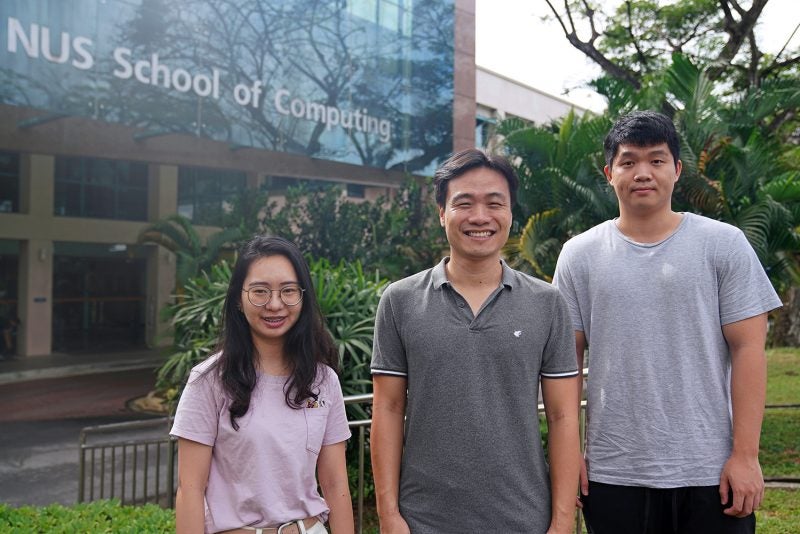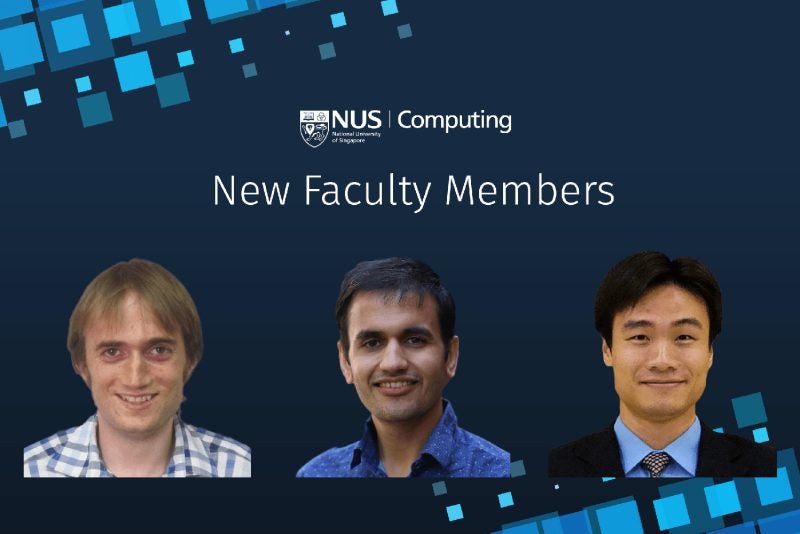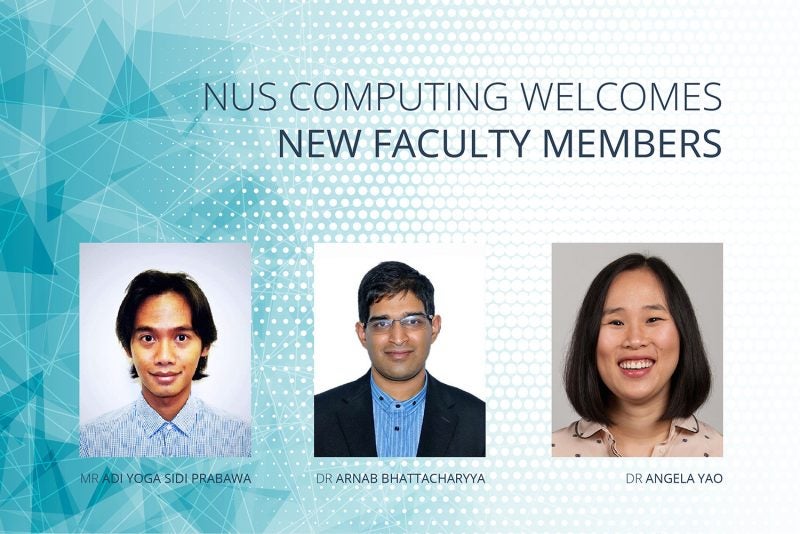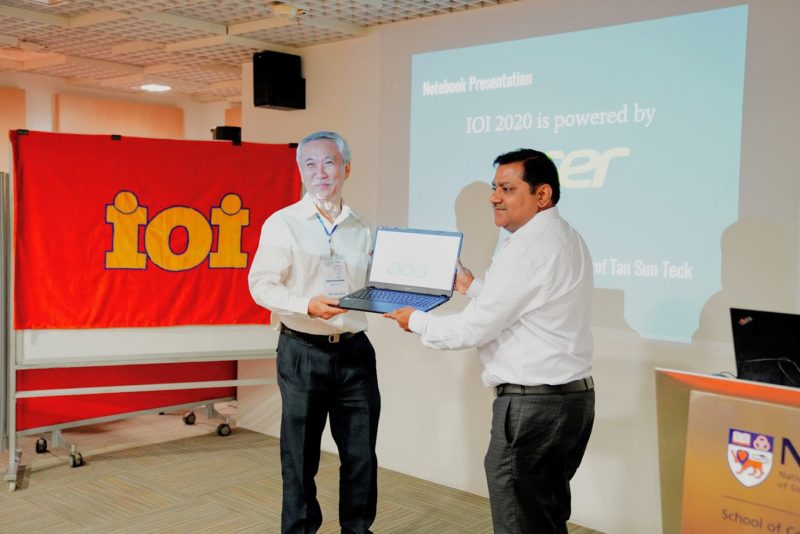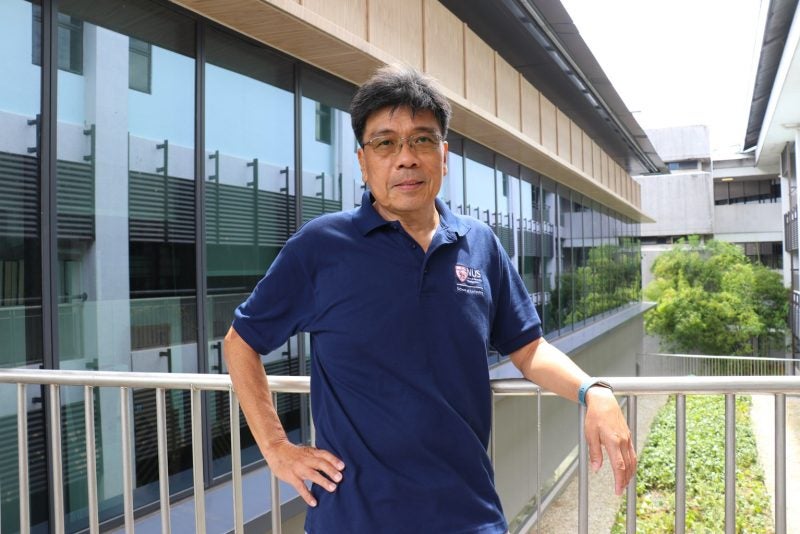8 April 2019 – Second year Business Analytics student Nicklaus Ong, with Business Administration students Lei Yuchong and Ryan Soh, won second place in the Eurasia Asset Management Challenge 2019. The competition was held from 27 January to 25 March, with the finals held on 25 March in the London School of Economics and Political Science (LSE), London, United Kingdom.
Over 300 university students across Europe, Asia, and Australia competed in the preliminary rounds of the inaugural asset management challenge from 27 January to 16 February. Six teams — including Nicklaus and his teammates — were shortlisted for the finals and received an all expense paid trip to London to present their study to a panel of judges on 25 March. The competition is organised by the LSE Student Union’s Business & Finance Guild and NTU Investment Interactive Club, together with partner universities Oxford University, Warwick University, University of St Gallen, and more.
In this challenge, teams of three were tasked to analyse a high net worth client’s portfolio requirements and propose a basket of exchange traded funds (ETFs) that best suit the client’s needs. Skills such as portfolio modelling and macroeconomics were put to the test as teams navigate the challenging global investment landscape. For their 15 minute final presentation, Nicklaus and his team chose to use 60 different visualisations to effectively present the team’s decision making process and their analysis of the different economies. “In order to develop our macroeconomic view and understanding, we merged our investment and finance skills with analytics and data visualisation. We also presented and advised the client on applications of Artificial Intelligence for asset management,” said Nicklaus on behalf of his team.
Nicklaus believes that the team’s multidisciplinary background in computing, finance, and data analytics gave them an edge in the competition. “It was challenging to analyse and present selected economic data from a wide range of economies (USA, Europe, Japan, China, APAC, and emerging markets). However, our strength in data visualisation helped us to effectively communicate our message and insights.”
“We were very elated to have won second place as all the other teams’ presentations were of such high standard that we were not confident of a win,” Nicklaus added. “This opportunity to compete at an international level would not have been possible without the support of our professors to excuse us from our classes and even making alternative arrangements, like rescheduling presentations and tests, so we can compete without anything holding us back.”

